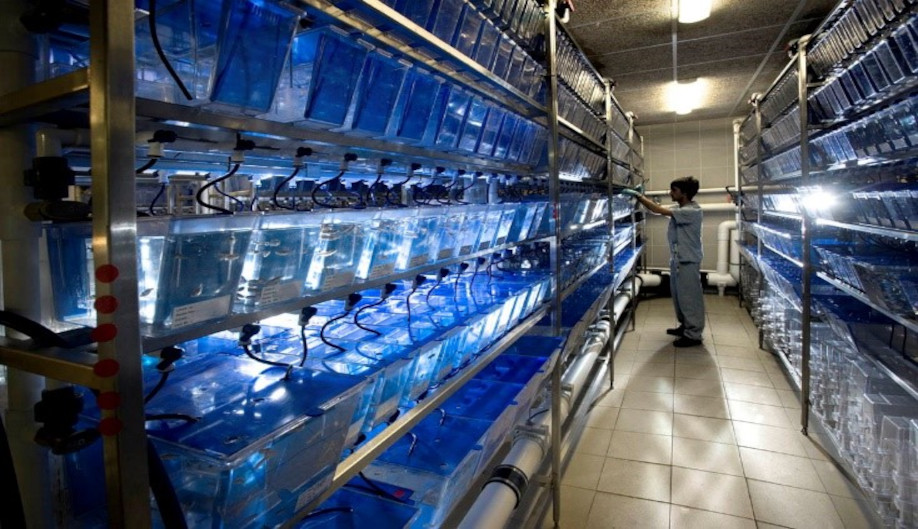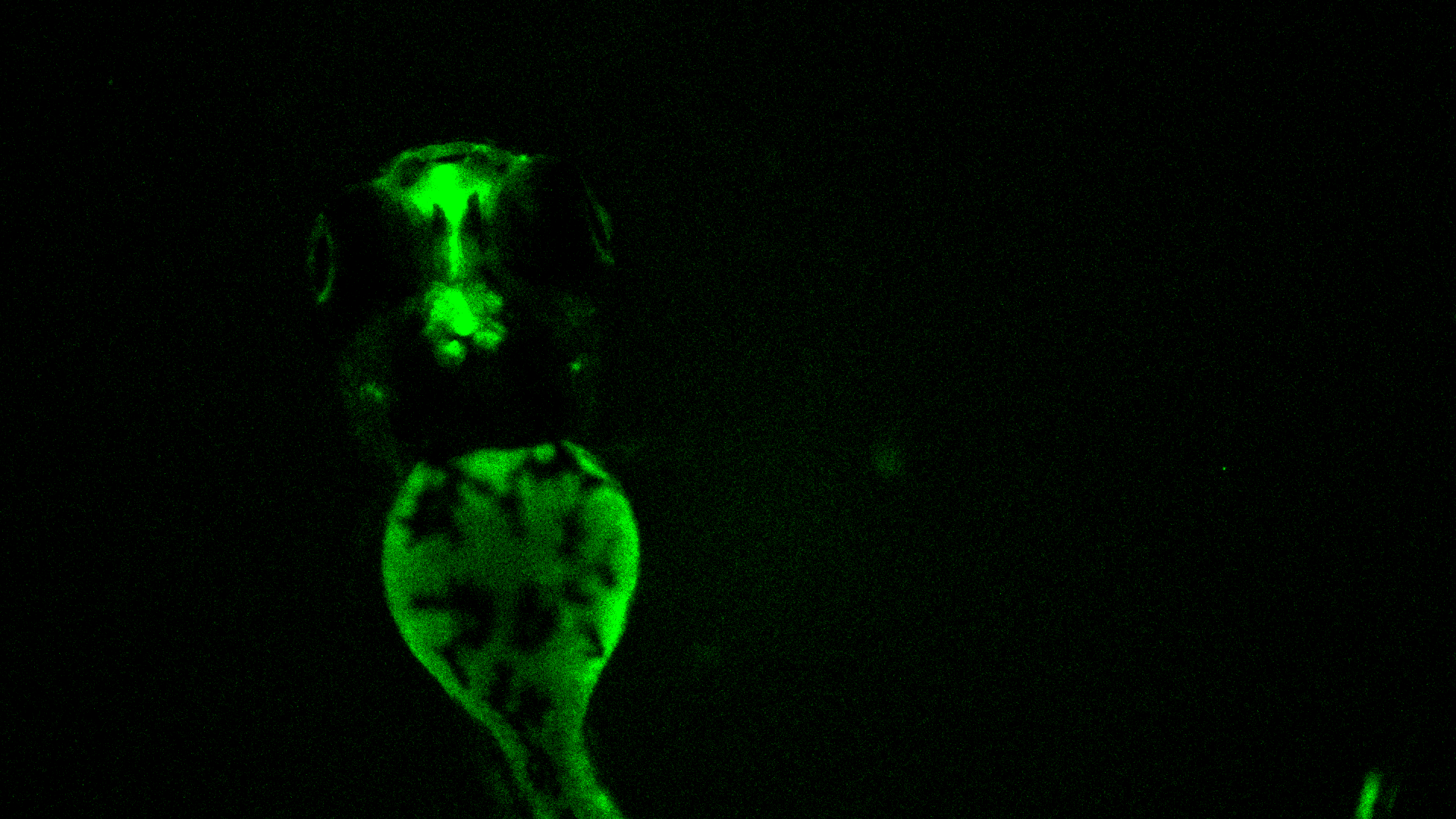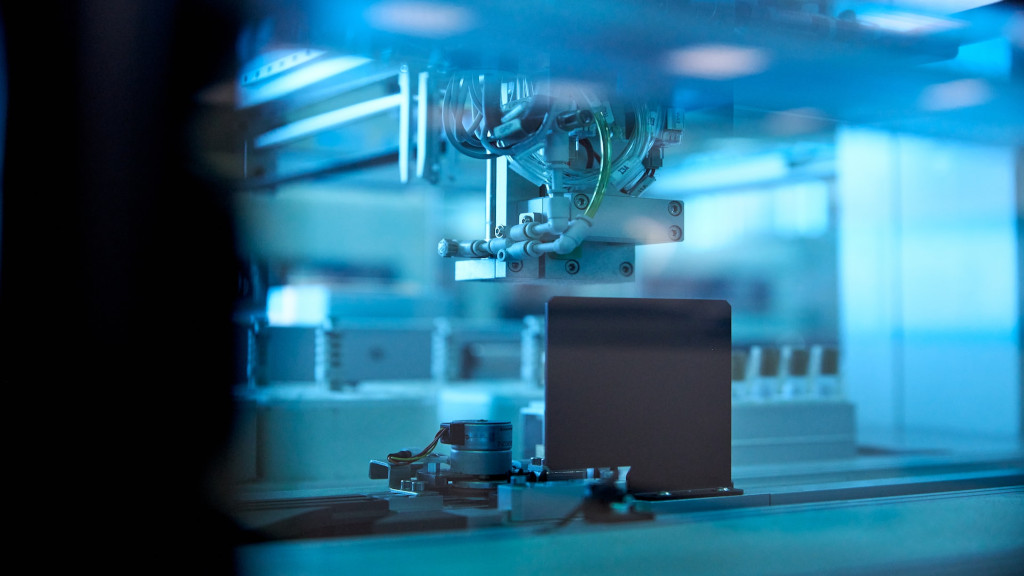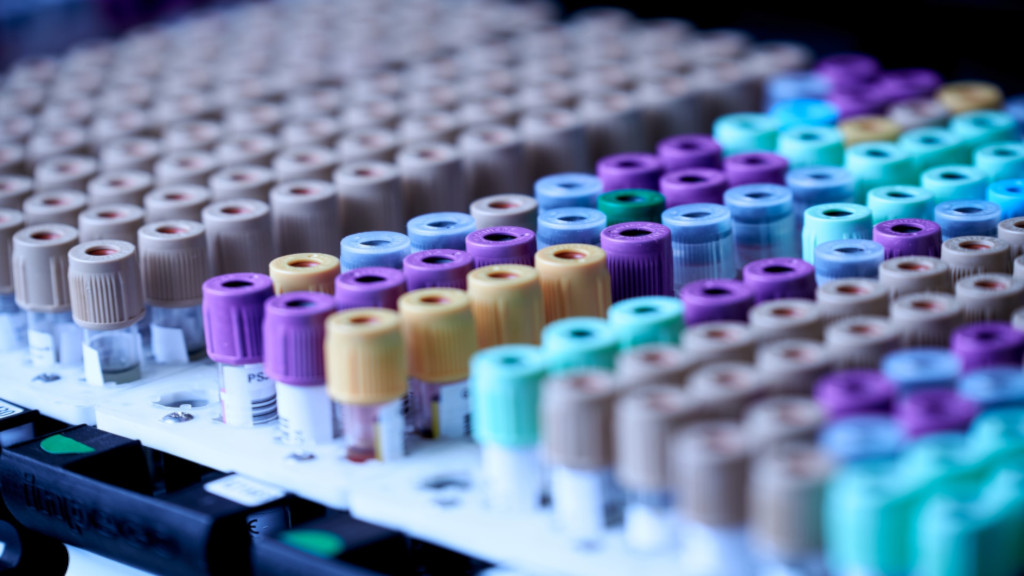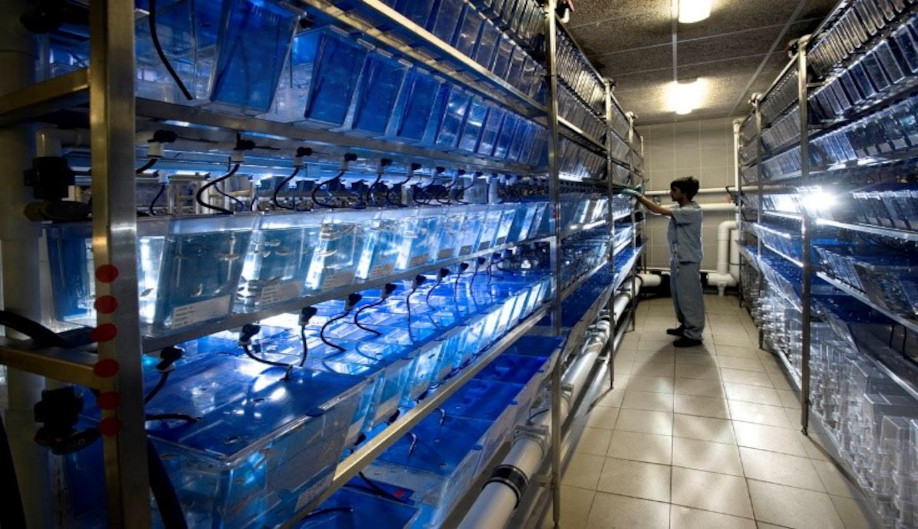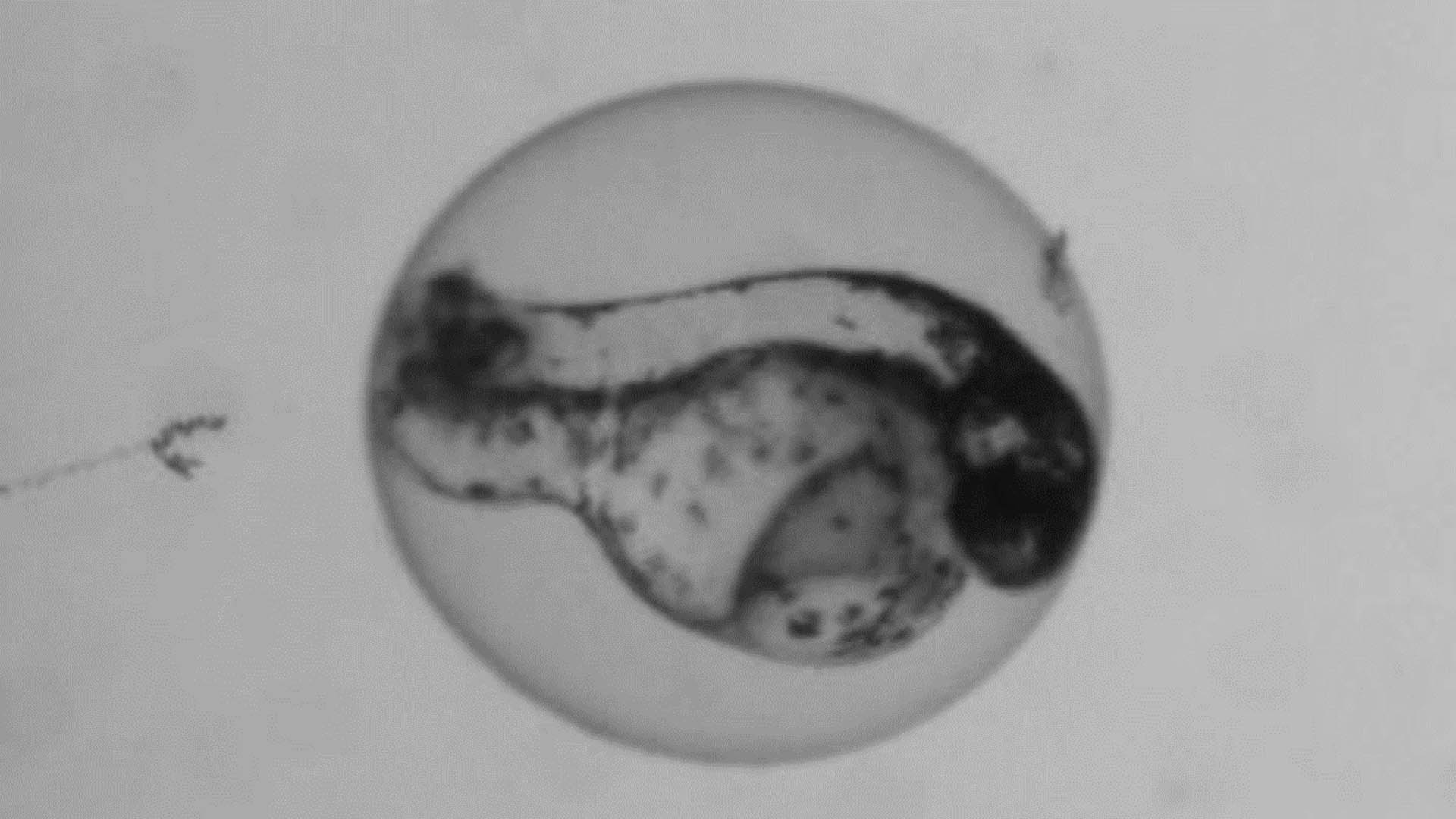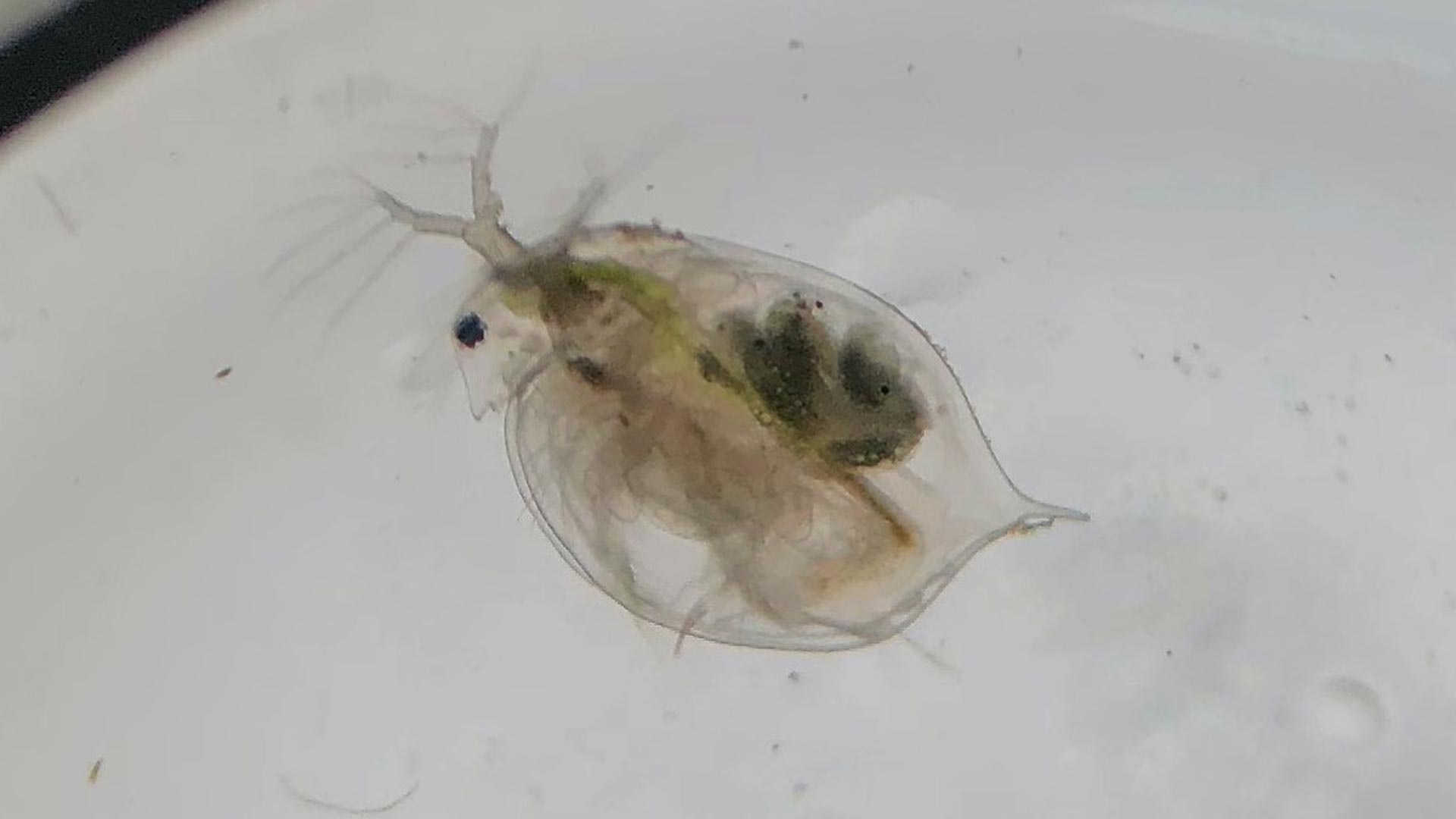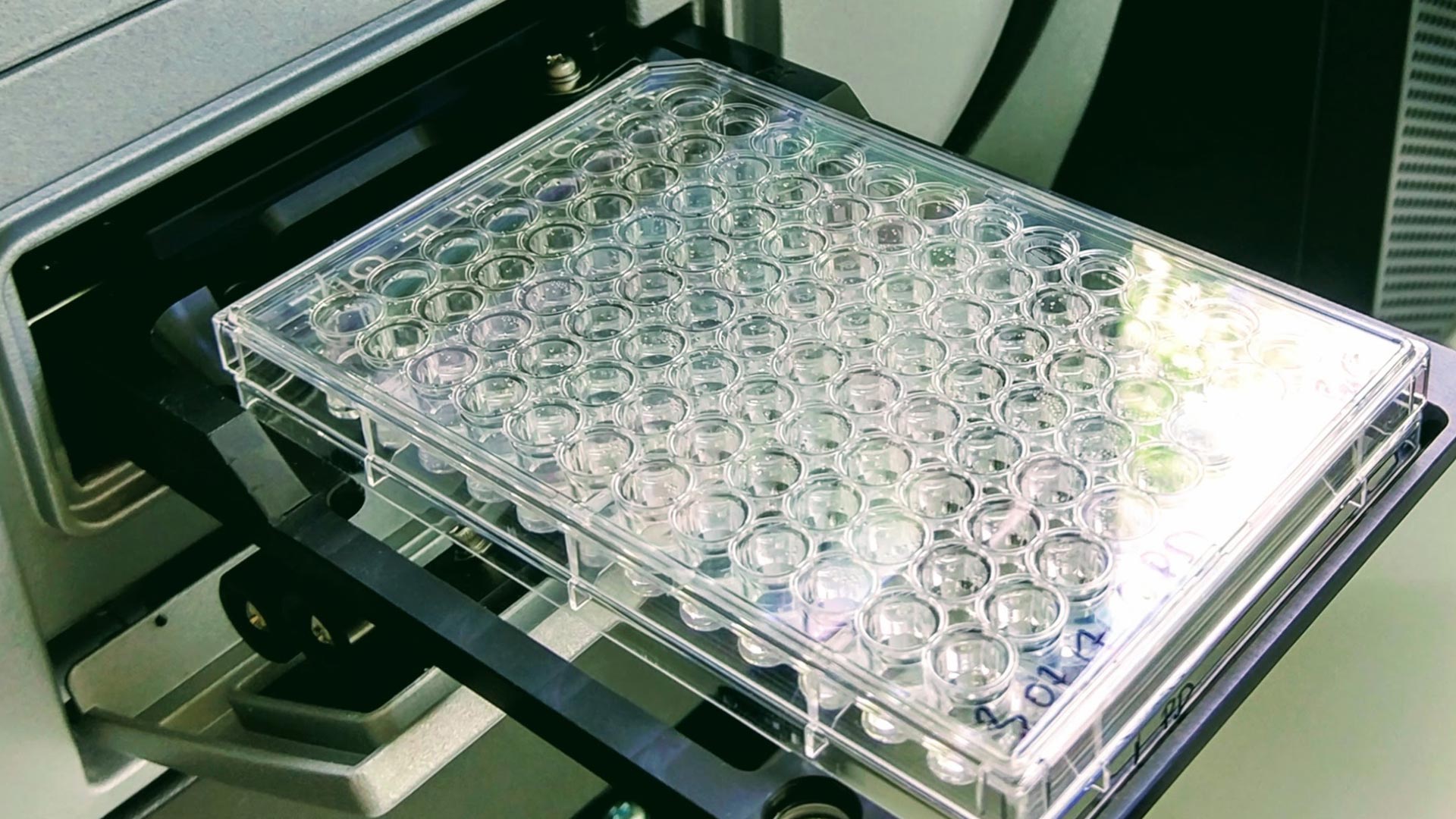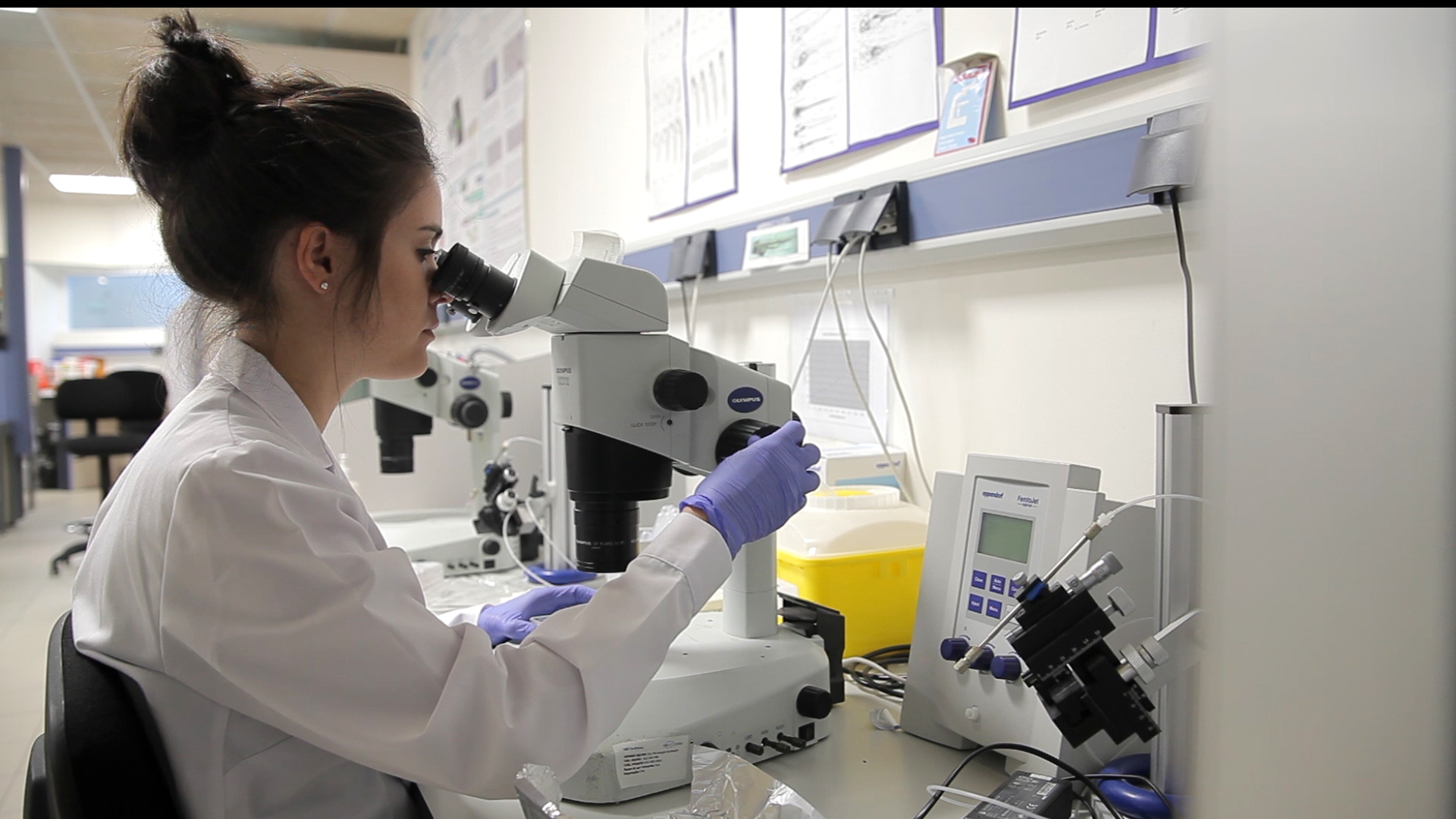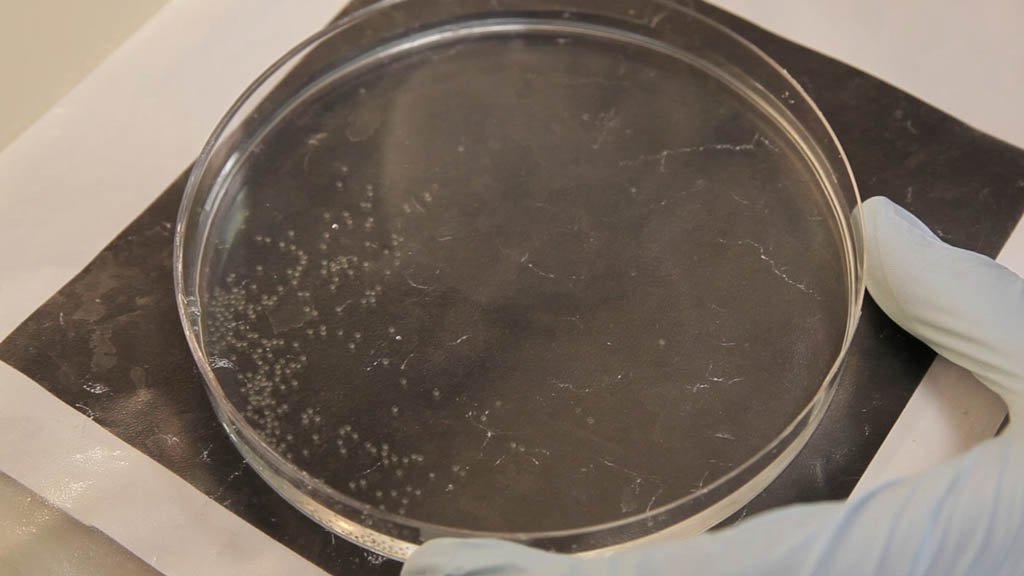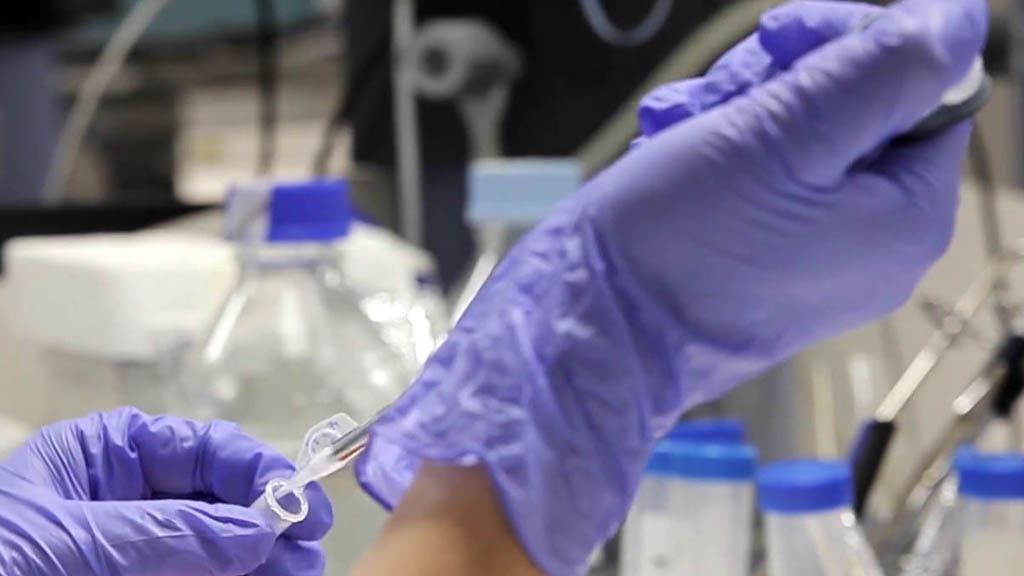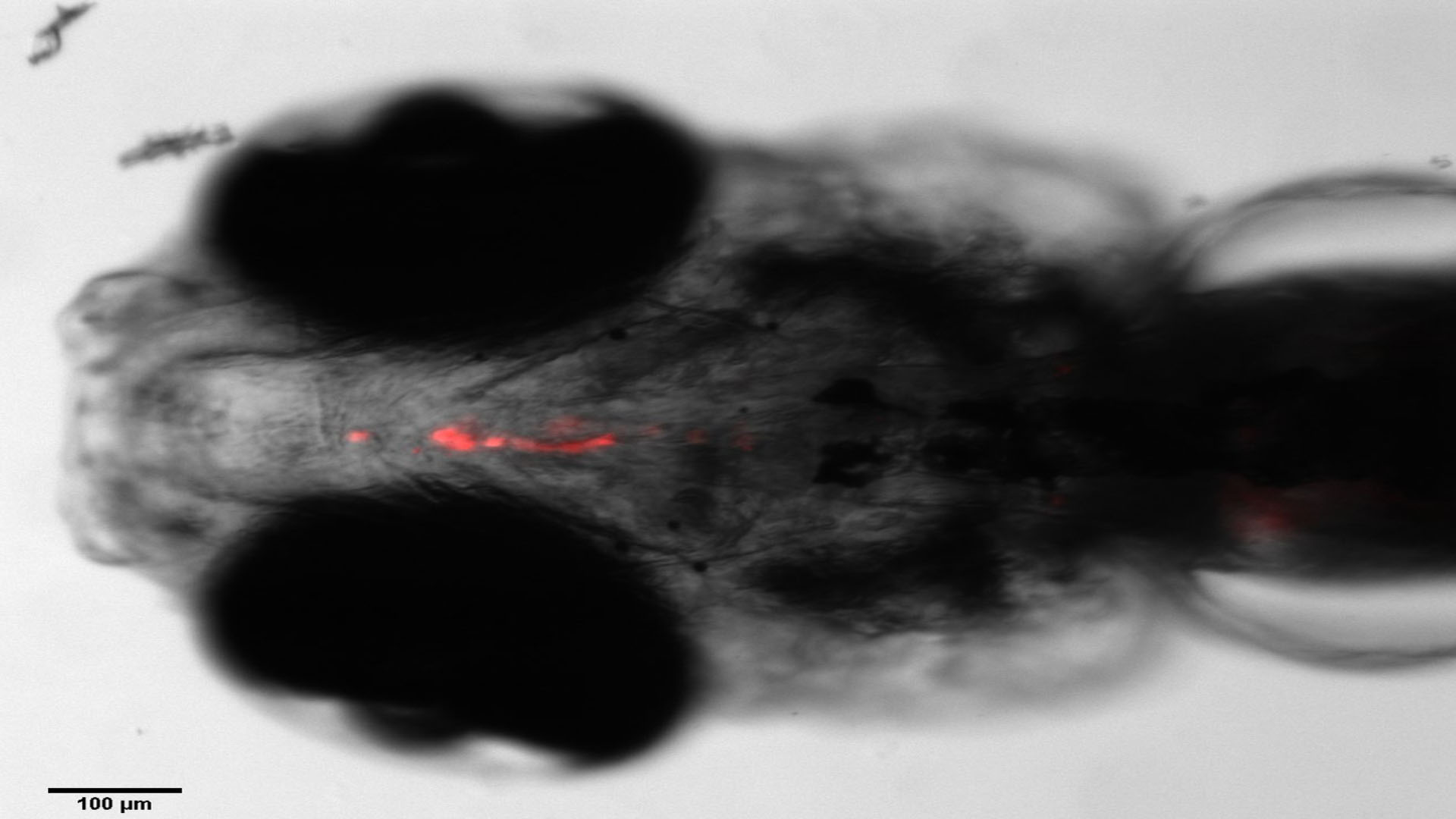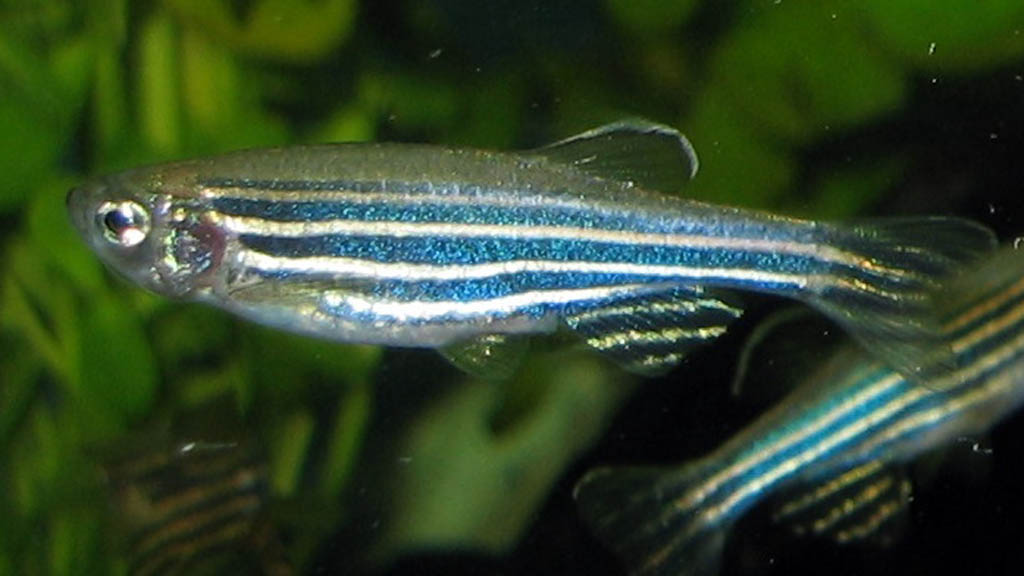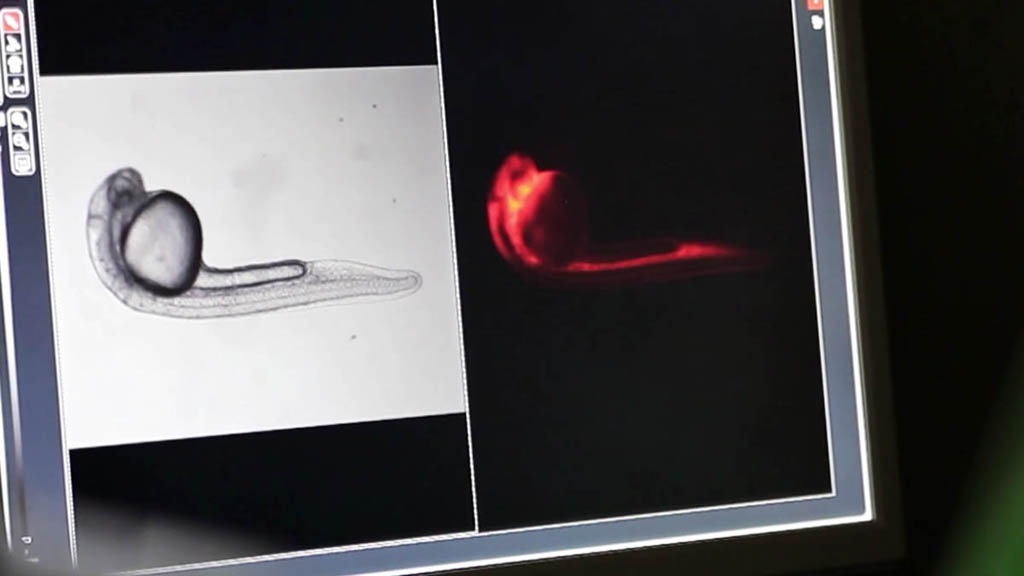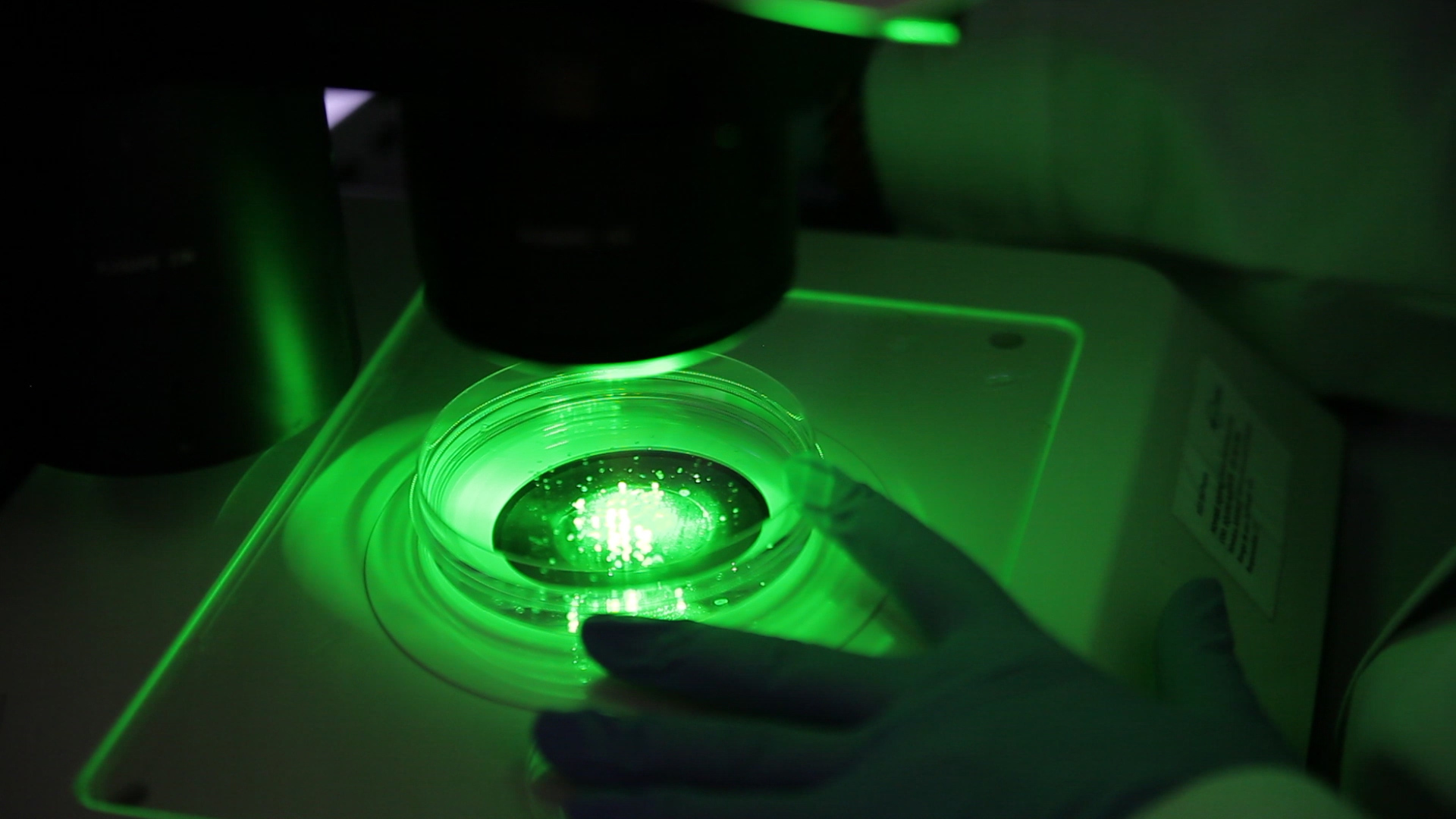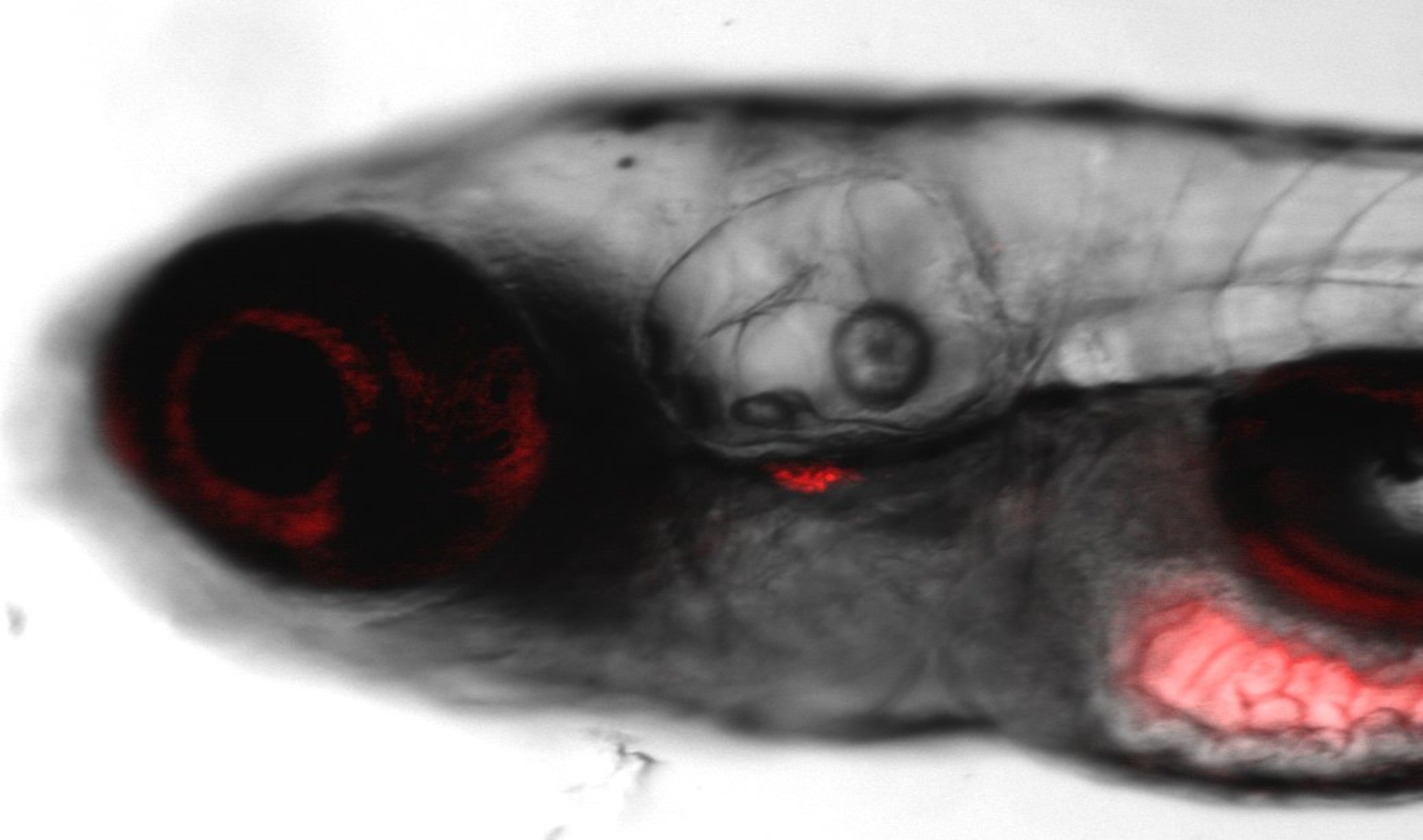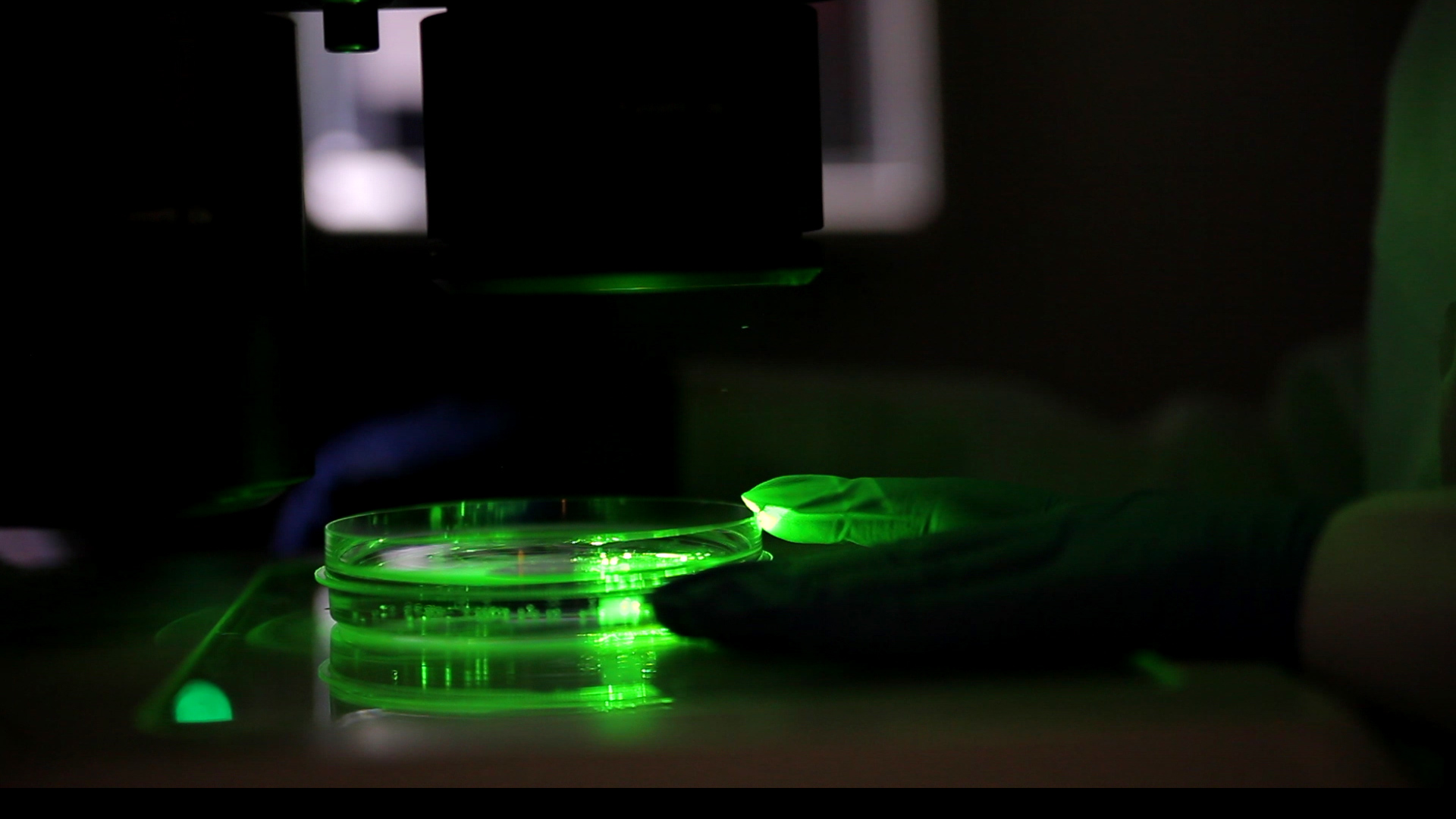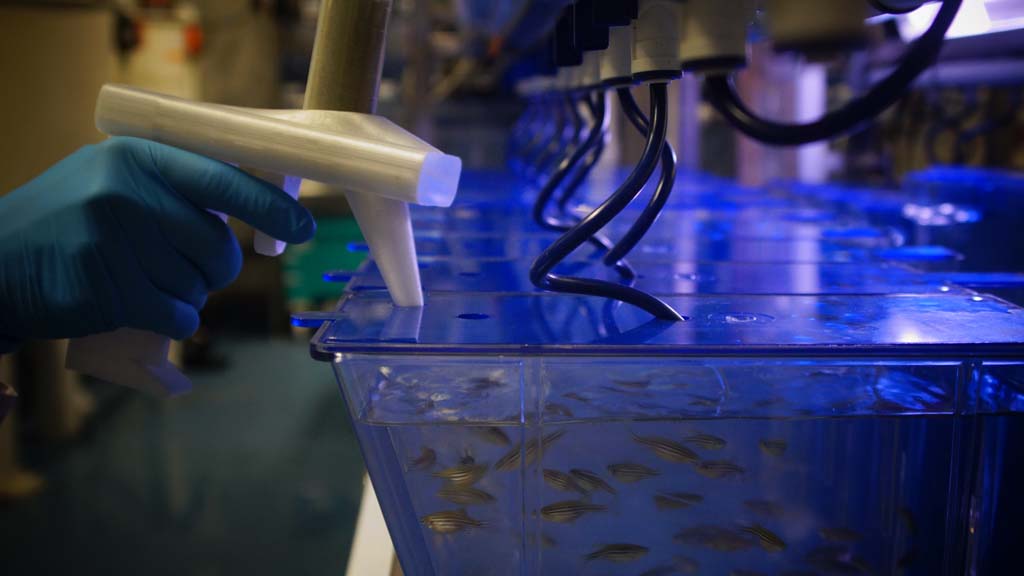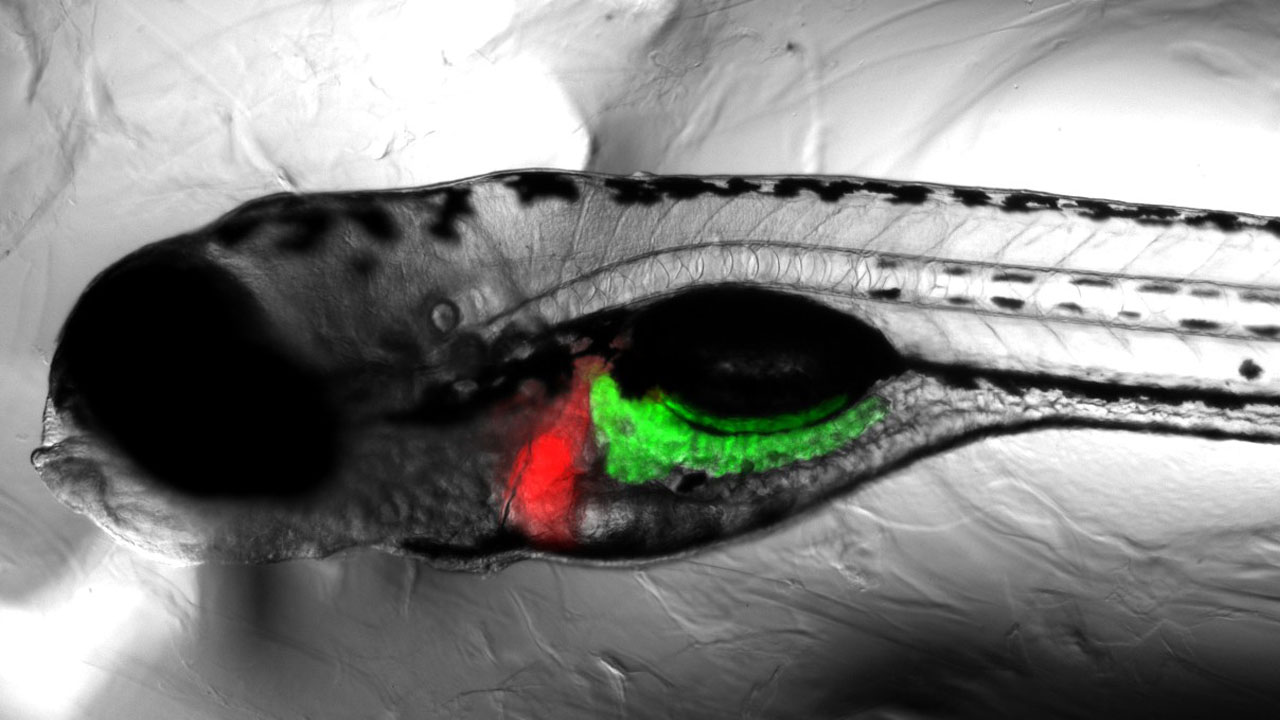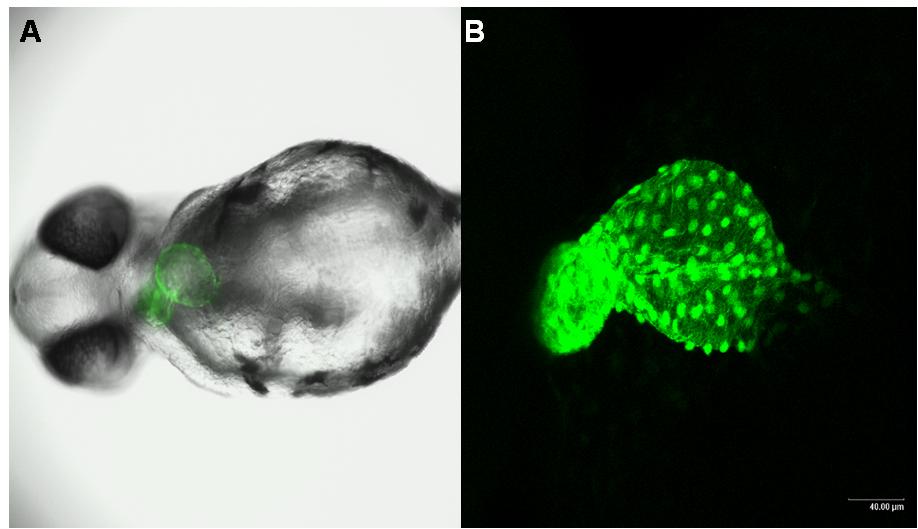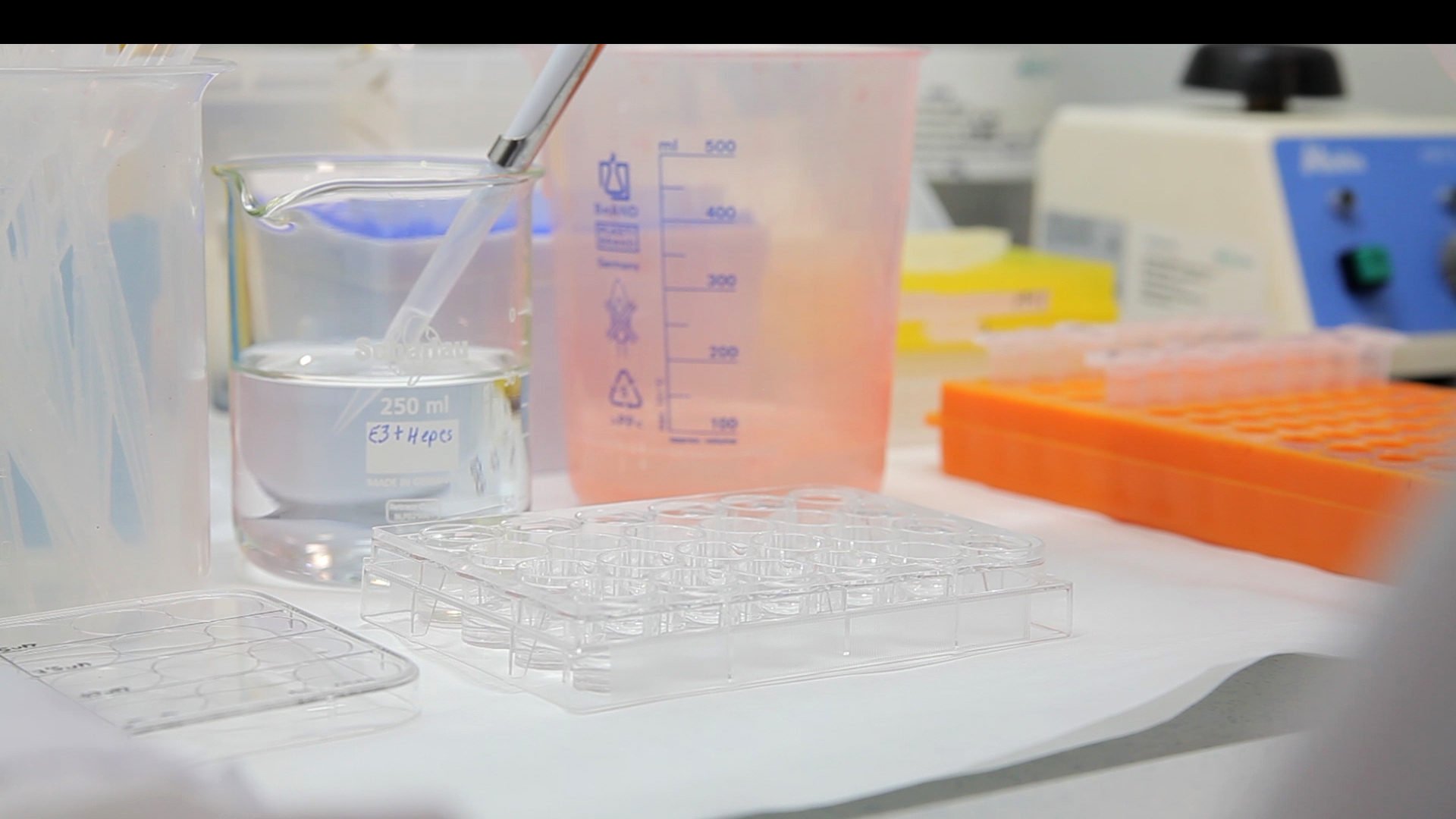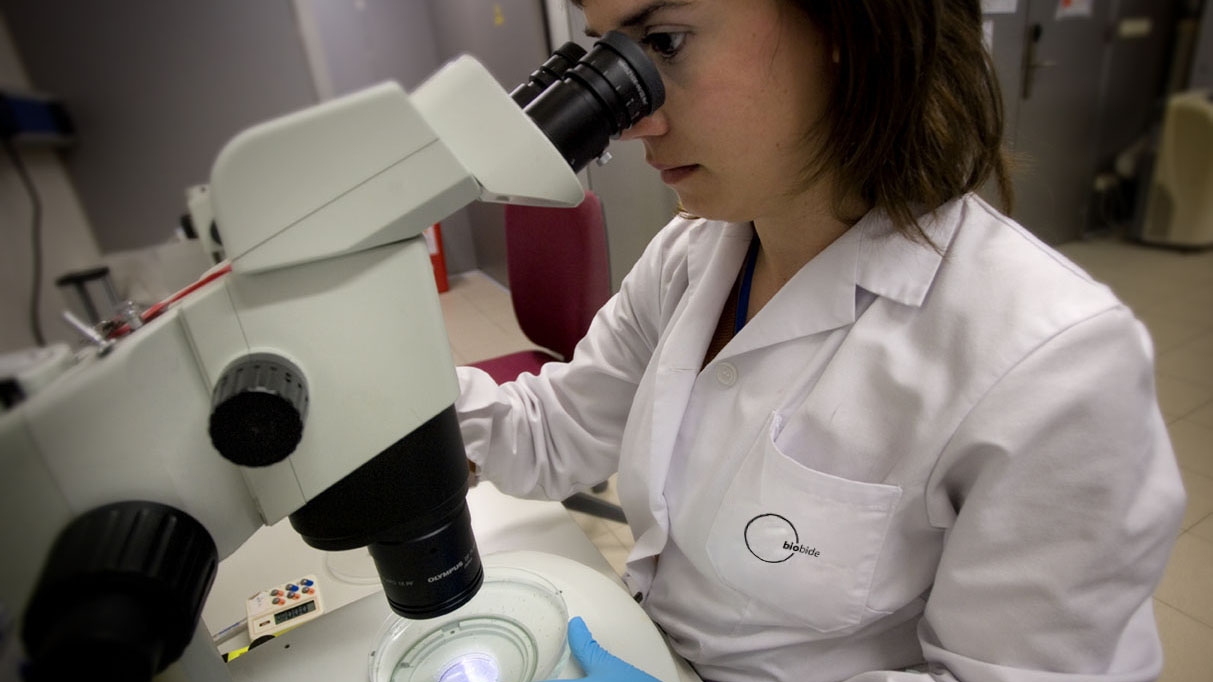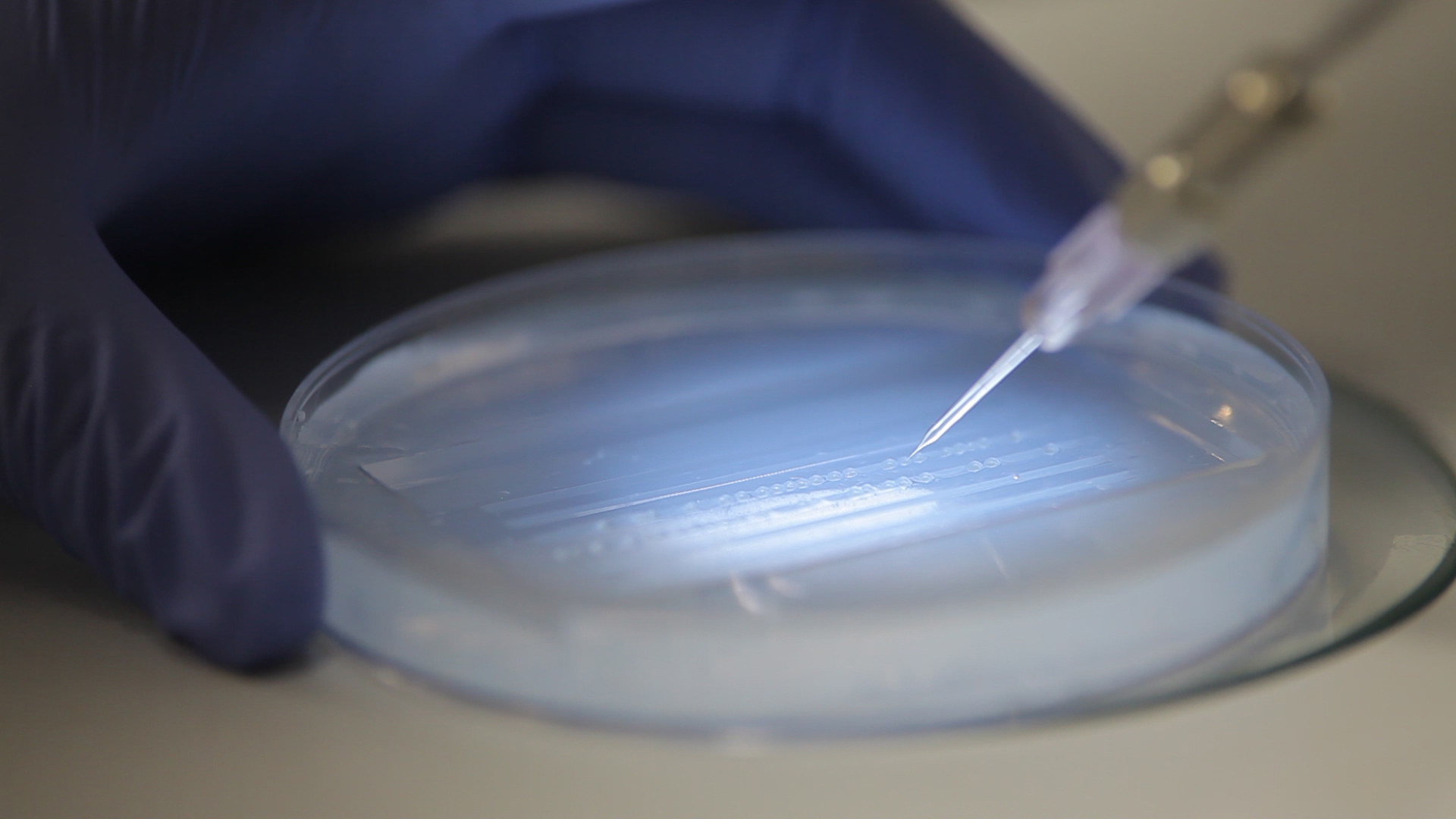Sperm quality assessment
The zebrafish embryo is an emerging model due to its inherent properties (ease of manipulation, external fertilization and transparency) together with the need to apply the 3Rs. This model has a high genetic homology with humans (over 85%) as well as important parallels in organogenesis and functional mechanisms.
Biobide is a Contract Research Organization (CRO) company offering drug discovery services to Pharma, Biotech, Chemical, Cosmetic, and Nutraceutical companies. Our service is based on the zebrafish model and the capacity to offer highly efficient tailor-made assays.
Endocrine disruptors (EDCs) are chemicals that by interfering with the endocrine system can have an adverse effect on developmental, neurological, immune, and reproductive levels nut the two major endpoints described in the OECD guidelines to evaluate endocrine-disrupting chemicals, vitellogenin concentration, and change in sex ratio, have several limitations. With the purpose of expanding the number of tests available to identify xenobiotics with endocrine-disrupting activity, we developed an assay that evaluates the reproductive performance of zebrafish (after in vivo or in vitro exposure to EDCs) by measuring sperm quality using a computer-assisted sperm analysis negative-phase contrast objective connected to a Computer-Assisted Sperm Analysis (CASA system).
Services
-
EASZY Assay: Estrogen Pathway
Ecotox-Assays / Specific-Toxicity-Assays / -
Zebrafish Sperm Cryopreservation and In Vitro Fertilization
Specific-Toxicity-Assays / -
Zebrafish Models for Amyotrophic Lateral Sclerosis
Specific-Toxicity-Assays / -
Kidney Toxicity
Specific-Toxicity-Assays / -
Sperm quality assessment
Specific-Toxicity-Assays / -
Muscle toxicity
Specific-Toxicity-Assays / -
Acutetox Assay - Ecotox
Ecotox-Assays / -
Daphnia Immobilization
Ecotox-Assays / -
Microplate Alga Growth Inhibition Test
Ecotox-Assays / -
Antioxidation Assay
Efficacy-Assays / -
Regeneration Assay
Efficacy-Assays / -
Melanin Quantification Assay
Efficacy-Assays / -
Thyroid Disruption Assay
Ecotox-Assays / -
Neurodegenerative and Rare Diseases
Efficacy-Assays / Disease-Model-Generation / -
Cancer: Angiogenesis Inhibition Assay
Efficacy-Assays / -
Multitox Assay
Specific-Toxicity-Assays / -
Immunotox Assay
Specific-Toxicity-Assays / -
Ototox Assay
Specific-Toxicity-Assays / -
Neurotox Assay
Specific-Toxicity-Assays / -
Hepatotox Assay
Specific-Toxicity-Assays / -
Cardiotox Assay
Specific-Toxicity-Assays / -
Teratotox Assay
General-Toxicity-Assays / -
Acutetox Assay
General-Toxicity-Assays / -
Disease Model Generation
Disease-Model-Generation / -
Target validation
Target-Validation /


